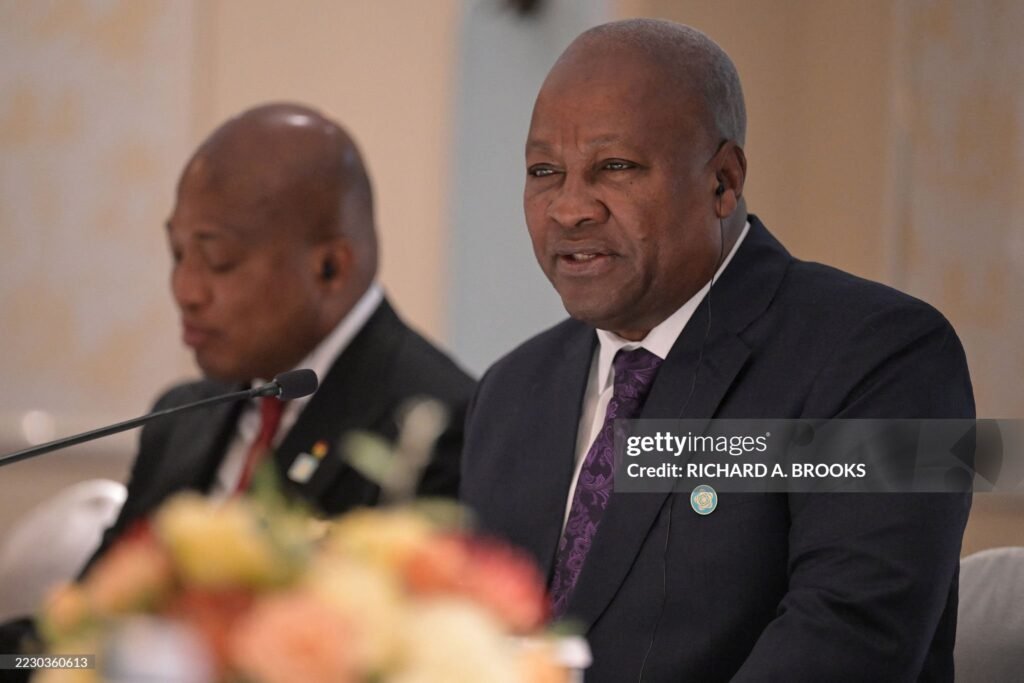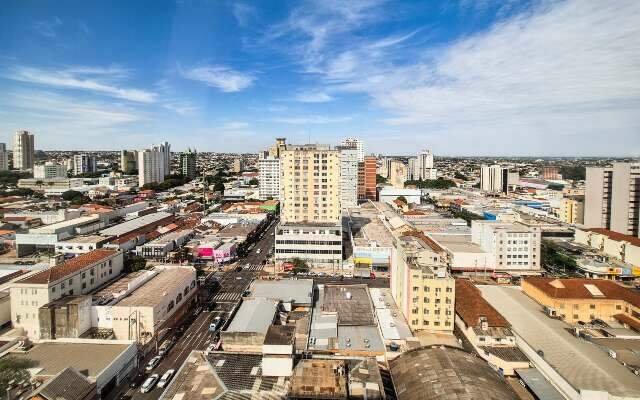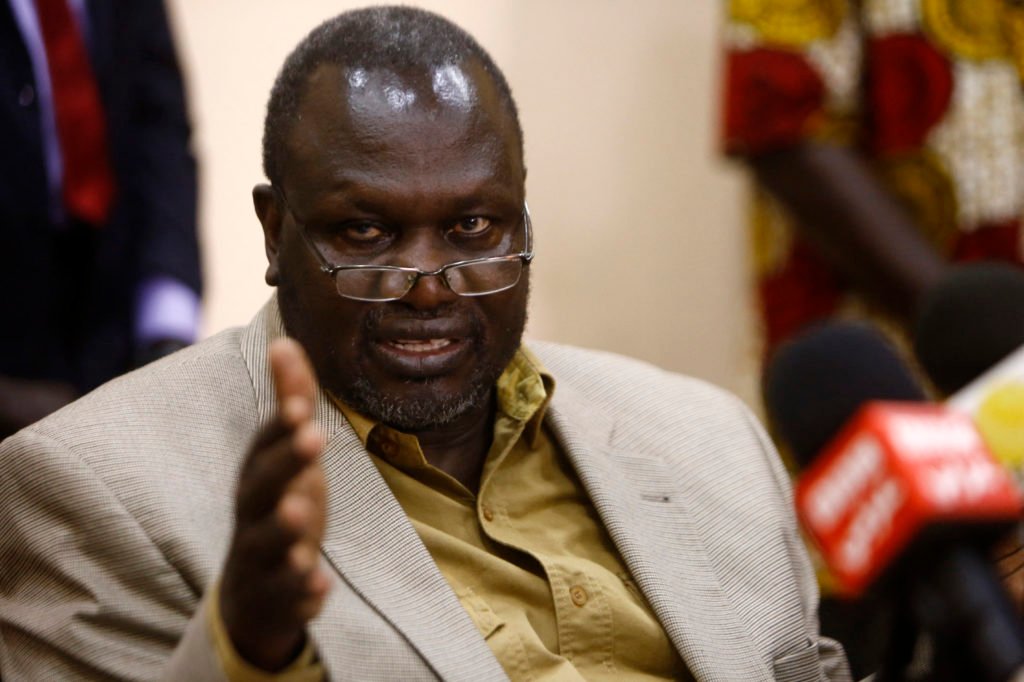News Americas, NEW YORK, NY, Fri. Sept. 12, 2025: In his first term, Donald Trump allegedly referred to African countries as “s-hole countries.” In this term, he has slashed aid to the continent at breakneck speed. Yet now, in a disturbing echo of history when some African leaders were complicit in selling their own into bondage, governments are striking secretive deals to accept U.S. deportees – for cash.

The price tag is eye-popping. Rwanda was reportedly paid $100,000 in April to take a single deportee and has since agreed to accept up to 250 more. Eswatini, formerly Swaziland, was offered more than $10 million to detain over 150 people. Other agreements with Uganda, Ghana and South Sudan remain cloaked in secrecy.
In addition to cash, these deals may come with promises of favorable trade terms, foreign aid, or even the easing of sanctions. In short, human lives are being turned into bargaining chips in global politics – much like during the Middle Passage.
Rwanda, Again, In The Spotlight
Rwanda has already received seven deportees from the U.S., officials confirmed. Some have requested to return home, while others hope to stay and rebuild their lives in Rwanda.
This comes just three years after Rwanda’s failed migrant deal with the United Kingdom. That 2022 plan, which sought to resettle asylum seekers in Kigali, was struck down by Britain’s Supreme Court as unlawful – but not before the U.K. had already spent nearly $1 billion, including $300 million handed to Rwanda that was never recovered.
Now the U.S. is following a similar playbook.
The Risks For Deportees
The human costs are already mounting. In South Sudan, eight deportees from countries including Cuba and Vietnam were transferred after weeks of being held in a shipping container at a U.S. base in Djibouti. South Sudan, a nation racked by conflict, has not disclosed where those men are being kept.
In Eswatini, deportees are being held in solitary confinement in a maximum-security prison for up to a year, often without legal representation. Human rights lawyers have already taken the government to court over their treatment.
These deportations are not simply about removing people from U.S. soil. They are about offshoring America’s immigration problem to fragile states with little capacity – or will – to safeguard detainees’ rights.
Uganda’s Conditional Deal
Uganda has agreed to accept deportees on the condition that they are not minors or convicted criminals. Still, local rights advocates have condemned the arrangement.
“We are sacrificing human beings for political expediency, in this case because Uganda wants to be in the good books of the United States,” Ugandan lawyer Nicholas Opio said.
The Bigger Question
Here lies the crux: deportees are not being returned to their home countries. Instead, they are being shipped thousands of miles away to unfamiliar nations, where they face indefinite detention and uncertain futures.
Trump frames this as getting tough on the “worst of the worst.” But make no mistake – these deals are not about justice or public safety. They are about US tax payer dollars, leverage and transactional diplomacy.
The grim truth is that vulnerable Black and brown people – some legal residents, many of whom have already served their time and rebuilt their lives – are once again being reduced to pawns in a political trade. For African states to be complicit in this in 2025 is not only atrocious and unconscionable, it is a shameful replay of history – a modern-day trafficking of human lives that echoes the betrayal of centuries past when some Africans sold others into slavery. Yes, Donald Trump is egregious – but Africans choosing to enable him is unconscionable.
Felicia J. Persaud is the founder and publisher of NewsAmericasNow.com, the only daily newswire and digital platform dedicated exclusively to Caribbean Diaspora and Black immigrant news across the Americas.




